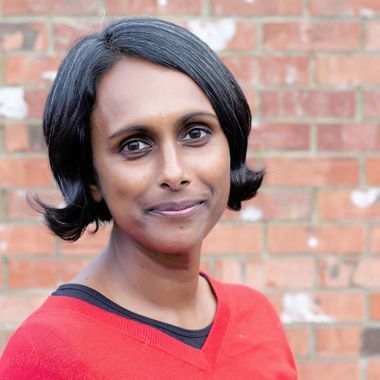Special Edition: choose from either: online only or limited hybrid in-person attendance. 5 CPD Credits
Though antimicrobial resistance is an inevitable occurrence, the threat of facing resistant infections, that are at best; difficult and at worst, impossible to treat; has risen exponentially. At the same time, the frequency that intensive care professionals encounter critically ill patients with multi-resistant organisms has also increased over time.
This study day therefore aims to educate delegates by taking them on a journey, to consider some of the many complexities that can be associated with infectious diseases and antimicrobial stewardship, including:
- The Psychology – Why we prescribe (or don’t prescribe) antibiotics. Considering the psychology of decision making in antimicrobial therapy, role of peer-group normalisation, fear, and anxiety, and how this is rationalised.
- Pharmacy – Getting the dose right, the role of critical care pharmacists in antimicrobial stewardship. Discussing the importance of getting the dose right, dosing strategies (prolonged infusions vs intermittent bolus), adjustments in enhanced and impaired renal clearance and how this relates to effective antimicrobial actions.
- Microbiology – What’s new in microbiology and intensive care. Exploring recent developments in microbiological testing, molecular diagnostics, rapid diagnostics for antimicrobial sensitivities, point-of-care microbiology and how these fits with antimicrobial stewardship.
Book now to take advantage of the generosity that bioMerieux has shown by supporting this study day. This in turn, has reduced the cost to delegates, such is the importance of this topic for intensive care professionals and beyond.
 Programme
Programme
10am - Welcome and Introductions
10:10am - bioMerieux - who we are and what we do
10:20am- A world without antibiotics? - Antimicrobial stewardship and why it matters
10:45am - Research - What's new, summary ongoing research and recent trials
11::10am - Microbiology – What’s new in microbiology and intensive care
11:35am - Q&A
11:50am - Break
12:05pm - Ventilator associated pneumonia and intensive care
12:30pm - Multi-professional working – the not so secret key to antimicrobial stewardship
12:55pm - Q&A
1:15pm - Lunch break or lunch and learn for in-person delegates only
2:30pm - Psychology – Why we prescribe (or don’t prescribe) antibiotics
2:55pm - Pharmacy – Getting the dose right, the role of pharmacists in antimicrobial stewardship
3:20pm - Q&A
3:30pm - Break
4:15pm - Keynote speaker, ICS Director of Research and Honorary Consultant in Intensive Care, Professor Mani Shankar- Hari
5pm - Close
 Prices
Prices
In-person £55
Virtual £45
 Group bookings
Group bookings
Group bookings can be made for multiple delegates and paid by credit card via the event booking page.
We are also able to invoice for group bookings of 10 or more delegates, or where the total value is over £1,000. Group bookings can only be made up to 6 weeks in advance of an event and must be paid in full prior to the event date to avoid tickets being cancelled.
To book a group via invoice, please download the form below, complete and return to [email protected].
 Contact us
Contact us
If you have any questions about the event or need any further assitance, please do contact us via:
Telephone: (+44) 0207 280 4350
Email:




























